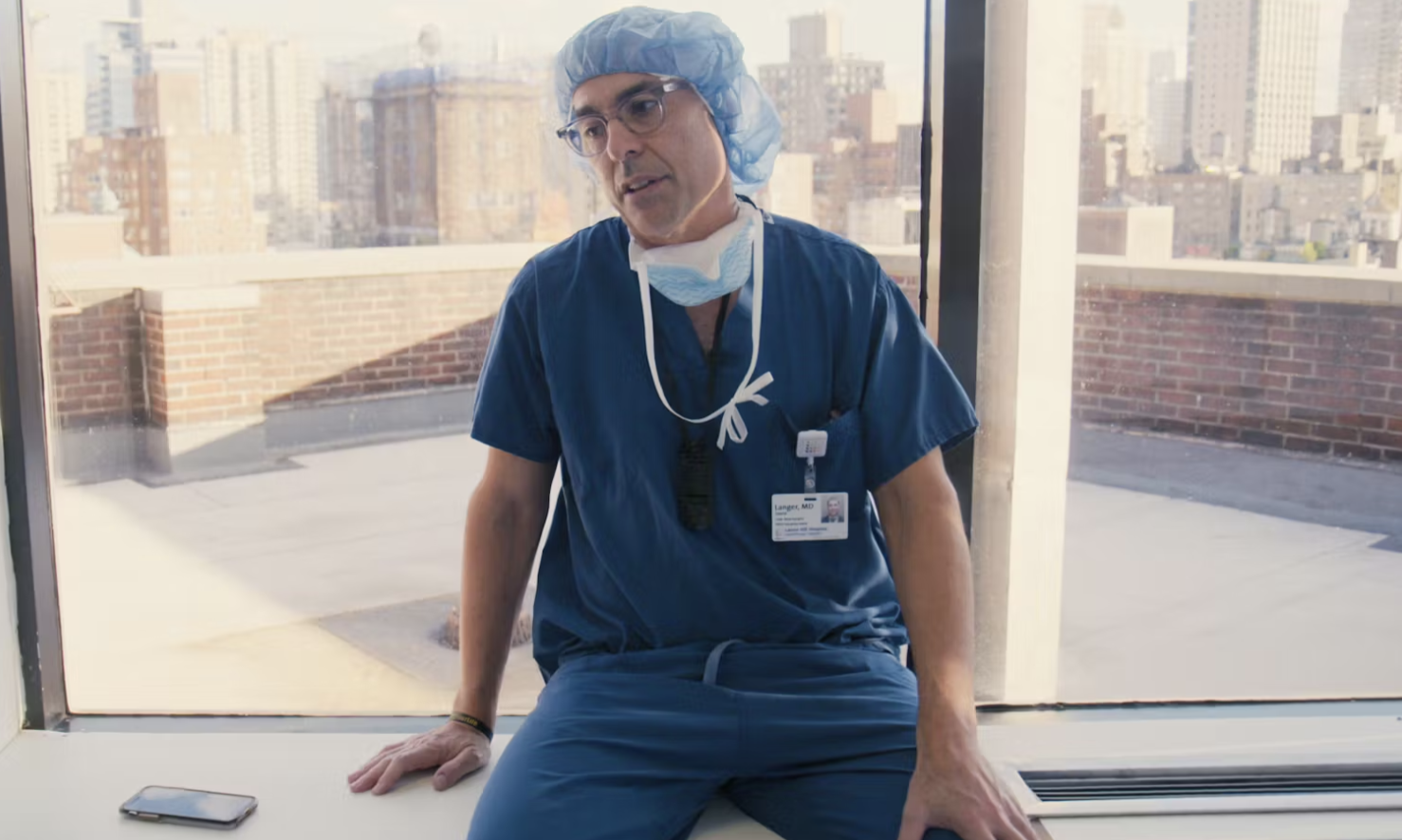Why Hospitals Close

In 2024, Google introduced its healthcare AI model, Med-Gemini, with promising capabilities in clinical documentation. But when it referenced a fictional part of the brain—the “basilar ganglia”—in a research paper on head CT scans, the healthcare AI world took notice.
The mistake, flagged by neurologist and AI researcher Dr. Bryan Moore, sparked an important conversation: How do we ensure accuracy in healthcare AI tools, especially those used in clinical settings?
Why Accuracy in Healthcare AI Is Critical
As AI in healthcare becomes increasingly common, especially in clinical workflows like medical transcription and ambient AI scribing, the stakes are incredibly high. Inaccuracies and hallucinations can jeopardize patient safety, clinical decision-making, and provider trust.
At Playback Health, we’ve prioritized accuracy since day one. Our flagship product, Playback Pro, is an ambient AI scribe that helps clinicians document patient encounters without the fear of AI-generated misinformation. But how do we actually eliminate hallucinations in our product?
We sat down with Sam Singh, Chief Technology Officer at Playback Health, to dig into the architecture behind our AI and why it’s built differently.
How Playback Pro Prevents AI Hallucinations
“At Playback Health, we eliminate hallucinations by design,” explains Singh. “If a section in a template isn’t discussed, it stays blank—ensuring we never fabricate or infer clinical information.”
Here’s how Playback Pro ensures accurate, trustworthy documentation:
- Structured Note Templates: Every clinical note is broken into predefined sections (Chief Complaint, HPI, Physical Exam, Assessment & Plan), and then into subsections on those sections until all notes are accounted for.
- Voice-to-Text Transcription: Our system is trained on medical terminology, and uses one of three advanced transcription models depending on audio clarity and context.What if we add color here? We train LLMs using AMA journals, input from field-leading specialists and constant user QC.
- Grounded Content Generation: Each section is populated only with content explicitly spoken in the encounter. If something isn’t said, it isn’t included.
- Proprietary AI Architecture: Our AI works in tandem with a strict template that defines what to extract from the transcription, eliminating assumptions or hallucinations
By grounding every note in the actual physician-patient conversation, Playback Pro provides 100% transparency and traceability—key factors in clinician trust and legal compliance.
Why This Matters Now
From primary care to emergency medicine, ambient AI scribes like Playback Health Pro are reshaping how documentation gets done. But speed and automation should never come at the cost of accuracy in clinical notes–because the quality of care hangs in the balance, and we take that seriously.
Unlike generic large language models, Playback Pro is optimized for healthcare, with built-in safeguards to protect patient safety and ensure high-quality medical documentation.
Try Playback Pro: The Ambient AI Scribe Built for Accuracy
Curious how it works in real time?
You can try Playback Pro free for 14 days and experience firsthand how our AI avoids hallucinations—while reducing your documentation burden.
What's new at Playback Health?

The “Basilar Ganglia” That Wasn’t: Why Accuracy in Healthcare AI Matters More Than Ever

The “Basilar Ganglia” That Wasn’t: Why Accuracy in Healthcare AI Matters More Than Ever

Why Dr. David Langer Believes Ambient AI Is the Future of Patient Communication

How Playback Pro Is Ushering in a New Era for Air Medical Transport


.png)


.svg)

